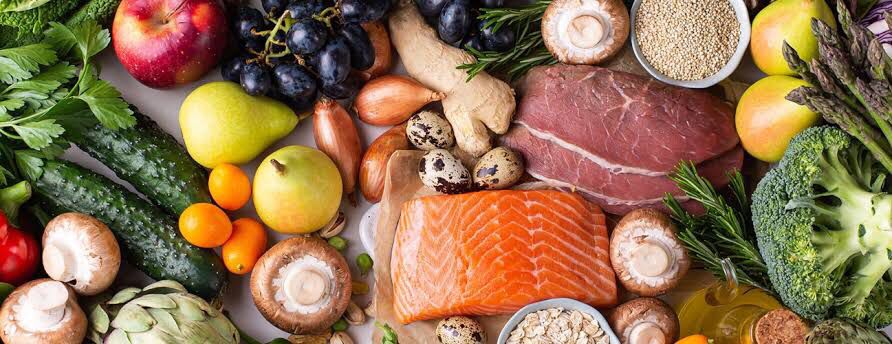Polycystic Ovary Syndrome (PCOS) is a prevalent hormonal condition that affects women of reproductive age. Hormonal imbalances are its hallmark, and they can cause a wide range of symptoms, including irregular periods, excessive hair growth, acne, weight gain, and trouble getting pregnant. It’s called “polycystic” because the ovaries might develop tiny cysts. Although the precise reason is unknown, genetics, insulin resistance, and hormone abnormalities are contributing factors.
Image source: Liverpool Echo
The role of diet in PCOS
1. Insulin Resistance: Insulin resistance, or the body’s inability to use insulin efficiently, is frequently linked to PCOS. One hormone that aids in controlling blood sugar levels is insulin. Foods with a low glycemic index (GI), such as brown rice, have some advantages. Foods with a low GI digest more slowly, which causes blood sugar levels to rise more gradually. This may lessen insulin resistance and increase insulin sensitivity.
2. Carbohydrate Selection: It’s crucial to favour complex carbohydrates over simple ones when it comes to carbohydrates. Whole grains, legumes, and non-starchy vegetables are examples of complex carbs that have higher fibre content and take longer to digest, which results in a slower release of glucose into the bloodstream. This may lessen the likelihood of blood sugar spikes and encourage more consistent energy levels.
3. Protein and Fat Balance: Eating a diet rich in healthy fats and sufficient protein can support satiety and hormone balance. Lean meats, chicken, fish, tofu, and legumes are examples of foods high in protein that can help control blood sugar levels and increase feelings of fullness. Nuts, seeds, avocados, and olive oil are good sources of healthy fats that can promote hormone balance and help reduce inflammation.
4. Omega-3 Fatty Acids: Studies have indicated that omega-3 fatty acids, which are present in walnuts, flaxseeds, and fatty fish like salmon, mackerel, and sardines, have anti-inflammatory properties and may assist PCOS-affected women’s insulin sensitivity.
5. Calorie Intake and Weight Management: Controlling PCOS symptoms requires maintaining a healthy weight. Caloric intake should be balanced with energy expenditure to support weight management. This can be achieved through portion control, mindful eating, and regular physical activity.
6. Nutrient Density: Make an effort to eat a variety of foods that are high in vitamins, minerals, and antioxidants. This comprises whole grains, lean meats, healthy fats, and vibrant fruits and vegetables. Foods high in nutrients can improve general health and lower the risk of developing chronic illnesses.
Some lesser-known facts about food that can help with PCOS:
Image source: Healthshots
1. Cinnamon Power: Did you know cinnamon can assist increase insulin sensitivity in PCOS patients? Sprinkle some cinnamon over your cereal or in your tea for a pleasant and potentially healthful boost.
2. Spearmint Tea: Enjoy some cool spearmint tea! According to research, spearmint tea may help reduce androgen levels in people with PCOS, which can help manage symptoms such as excessive hair growth.
3. Inositol Magic: Inositol, a B-vitamin, has shown promising effects in treating PCOS symptoms. It may help regulate insulin, enhance ovulation, and increase fertility. Foods that contain inositol include citrus fruits, legumes, and whole grains.
4. Berries Galore: Berries are not only delicious but also packed with antioxidants and fibre. They have a low glycemic index, which means they won’t cause a rapid spike in blood sugar levels. Enjoy a colorful mix of strawberries, blueberries, raspberries, or blackberries to support your PCOS-friendly diet.
5. Turmeric Superpower: Turmeric contains a compound called curcumin, which has anti-inflammatory properties. Including turmeric in your meals or enjoying a warm cup of turmeric tea might help reduce inflammation associated with PCOS.



